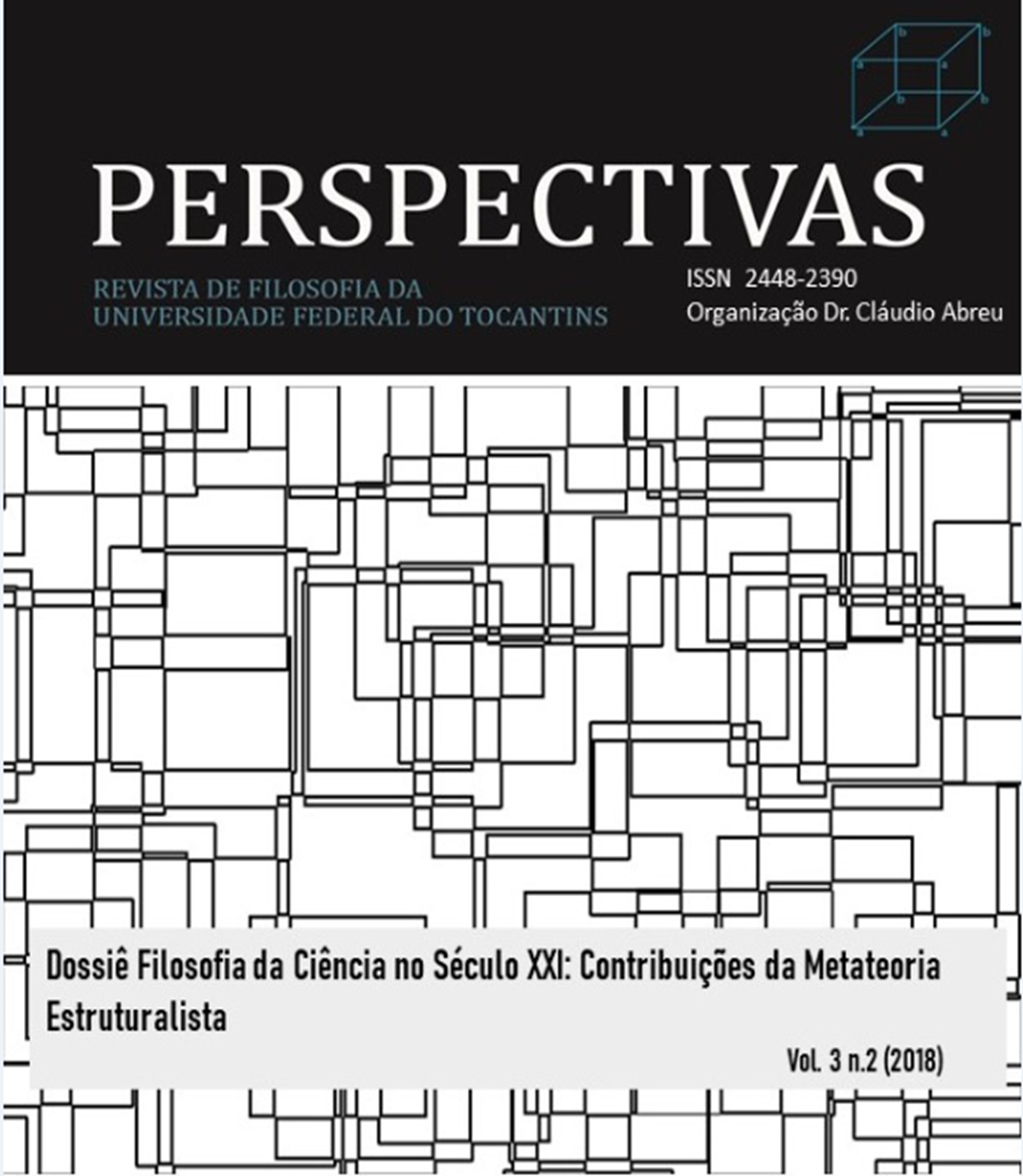A natureza e a estrutura das teorias científicas
DOI:
https://doi.org/10.20873/rpv3n2-48Abstract
In philosophy of science two questions become central in the discussion of the nature of empirical science: 1) What is a (scientific) theory, i.e. how is it built up, how does it work? And: 2) How does a theory relate to its corresponding experiential basis? To deal with these two questions modern philosophy of science has devised various (meta-theoretical) ‘models’ on the nature and working of scientific theories. Some aspects of these models are widely held within the community of philosophers of science, but others are still being discussed quite controversially. In this paper, we will consider both kinds of aspects. Particularly, we will analyze how the meaning of scientific concepts is determined; the axiomatic construction of a scientific theory; the idea of model building views as a bridge between theory and experience; the holistic semantic thesis of science; the question about the truth of scientific theories and, finally, the hierarchic structure of theories.
Downloads
Published
How to Cite
Issue
Section
License
The Magazine is under the Creative Commons Attribution 4.0 International Public License (CC BY 4.0), according to which:
1) The authors retain the copyright and grant the journal the right of first publication, with the work simultaneously licensed under the Creative Commons Attribution which allows the sharing of articles published with the recognition of authorship and initial publication in this journal.
2) Authors are authorized to enter into additional contracts separately for distribution of the version of the work published in this journal, as long as there is recognition of authorship and initial publication in Perspectivas.
3) Authors are authorized and encouraged to disseminate published texts with proper references to the journal and its authors.





















